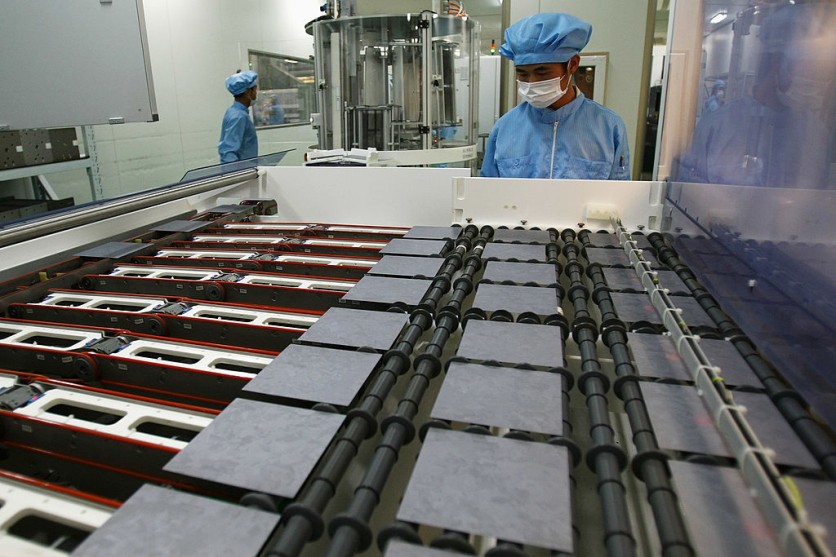China is preparing to initiate a state-backed investment fund with the goal of raising approximately $40 billion for its semiconductor industry. This move underscores China's determined efforts to bridge the technological gap with the United States and other global competitors in the semiconductor field.

$41 Billion Investment from China
Despite ongoing attempts by the United States to restrict China's semiconductor manufacturing capabilities, Reuters reported that China is forging ahead with plans to establish a fund aimed at strengthening its semiconductor industry.
This state-backed initiative marks the third installment from the China Integrated Circuit Industry Investment Fund, with a goal of securing 300 billion yuan (approximately $41 billion). The two previous funds, launched in 2014 and 2019, successfully raised $19 billion and $27 billion, respectively.
China's finance ministry is anticipated to provide approximately $8 billion to this initiative. While the identities of other contributors remain undisclosed at this time, previous sponsors have included prominent entities such as China Telecom and China National Tobacco Corporation.
The primary objective of the fund will be to develop advanced tools and technologies for the semiconductor manufacturing sector.
For a significant period, US News reported that President Xi Jinping has emphasized China's imperative to attain self-reliance in semiconductor production. This necessity has gained even greater urgency due to the recent imposition of a series of export control measures by Washington in the past couple of years.
These measures were motivated by concerns that Beijing might harness advanced chips to enhance its military capabilities. In October, the United States implemented far-reaching sanctions that severed China's access to cutting-edge chip manufacturing equipment.
Chinese Companies with Home-Grown Chips
Engadget reported that this development follows closely on the heels of Huawei, a prominent Chinese electronics manufacturer, unveiling its latest smartphone, the Mate 60 Pro. This features domestically produced chips.
Huawei collaborated with chipmaker Semiconductor Manufacturing International Corp (SMIC) to design a novel Kirin 9000s chip. The Mate 60 Pro seems to leverage SMIC's advanced 7nm technology, delivering download speeds that surpass those commonly found in standard 5G smartphones.
The recent unveiling of the Mate 60 Pro and its impressive capabilities serves as a stark counterpoint to the measures taken by the United States, Japan, and the Netherlands to curtail China's chip access and constrain its production capabilities.
As recently as August, President Biden issued an executive order tightening restrictions on investments in Chinese companies involved in technologies such as semiconductors. Earlier restrictions have been squarely aimed at Huawei, including a January prohibition on licensing US technology exports to the Chinese firm.

ⓒ 2025 TECHTIMES.com All rights reserved. Do not reproduce without permission.




